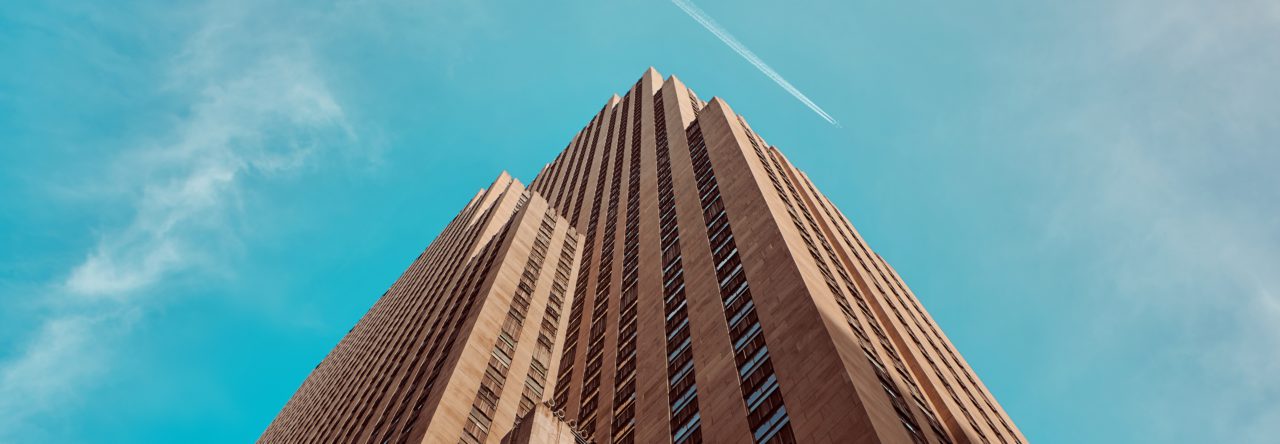Far more than simply a facet of life, the evolution of how we engage with technology has quickly become a presence that essentially affects most of our day. From the second we use our phones to wake us up in the morning to purchasing gifts online, technology is a main driver in how we go about our tasks. Even if we try to escape this overarching presence, it always finds to way to guide us through the simple and difficult tasks of our day to day lives.
It’s no surprise that technological advancements are constantly changing how businesses function, how family members connect globally and how mobile phones allow for electronic payments with a wide array of institutions. Even in the realm of philanthropy, Social Earth discusses the ways in which we help those less fortunate than us is centered around the convenience of a smartphone or tablet.
With the reduction of paper use as the only form of corporate donation for many employees, many people are more interested to understand how their dollar is actually affecting and changing people’s lives. Essentially, employees want a centralized system in which they can easily track their monetary contributions through payroll deductions and administrators need to work with technology in order to meet everyone’s needs. In terms of the concept of “corporate citizenship,” it is becoming more and more apparent that employees across the country are calling for different platforms to be active members of the philanthropic community.
One incredible initiative called “LRNG” focuses on untapped talent among youth 16-24 that with various circumstances, do not currently attend school or work. With this initiative, the organization’s leaders emphasize the use of collaboration as a means to work alongside businesses and local governments in order to create opportunities for youth in the area. Starbucks, a leading force in this initiative, has comprised an alliance with leading U.S. national companies in order to create employment or education related opportunities for around 100,000 individuals. Next time you happen to be at Starbucks, it might not be a bad idea to ask about this initiative that might be helping youth in your community.
